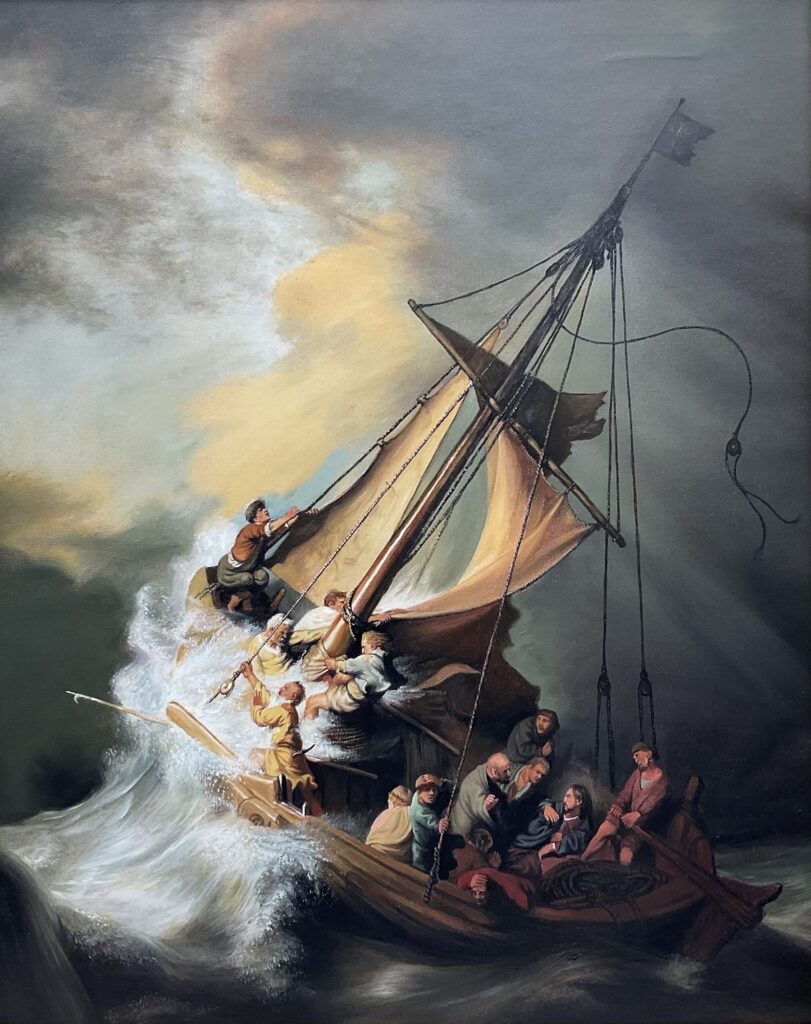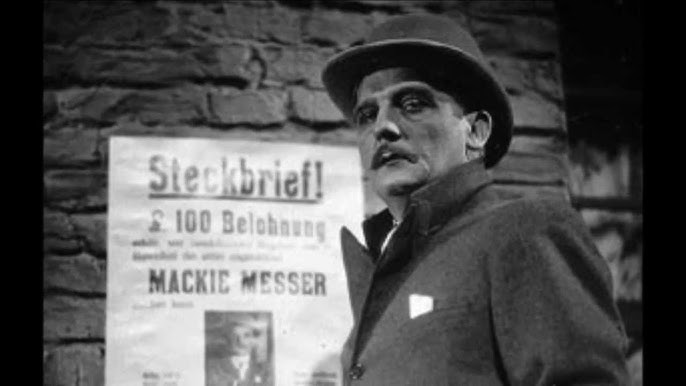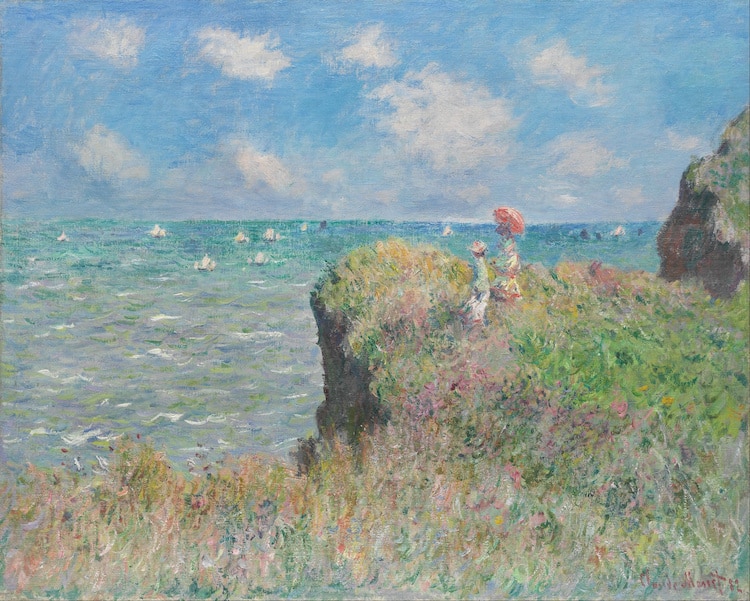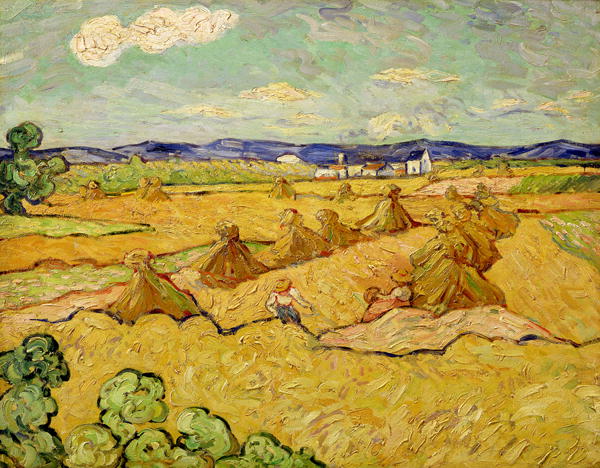Note: If you wish to receive, via e-mail, (1) my weekly newsletter or (2) daily copies of these posts, write to me at rrbates1951@gmail.com. Comments may also be sent to this address. I promise not to share your e-mail with anyone. To unsubscribe, write here as well.
Monday
Today I follow up a partially formulated thought shared in Friday’s post about how Bertolt Brecht’s Three Penny Opera helped me to understand Donald Trump’s seductive lure. In that essay I spoke about Trump going for rogue appeal, the bad boy whose swagger enchants the public. Although I myself am horrified by Trump, through recalling my attraction to Mack the Knife I may have caught a glimpse into the thrill that Trump fans experience when he goes on one of his rants.
For those of us who walk around with “thou shalt not” in our head all the time, it’s sometimes a relief to encounter a character who thumbs his or her nose at the morality police. Certainly, I heard this internal voice fairly constantly when I was a child. Above all, I carried around “thou shalt not focus on your own concerns, only those of other people.” As a result, I would feel guilty if I thought about my own desires. Much of my childhood was spent self-censoring.
This notion of self-sacrifice came down to me from both sides of the family, with three of my four grandparents born during the Victorian era and the fourth born not long after. You see the idea of self-sacrifice promulgated over and over in 19th century novels.
Noble though it is, self-sacrifice took some noxious forms when I was growing up in the 1950s. I think of the women who were expected to give up career ambitions to take care of husband and children. And of men who were expected to give up their lives to fight for the greater good, which is one thing if you are fighting fascism in Germany and Japan but quite something else if the enemy is a man who fought against colonial French rule in Vietnam.
When I got to college, I remember encountering some thinkers who encouraged me to push back against this sense of (to borrow a phrase from Garrison Keillor) perpetual responsibility. (Our Lady of Perpetual Responsibility is the Catholic church in Lake Woebegone.) One was Friedrich Nietzsche, who contended that Christian morality was a passive aggressive power move by a slave religion to gain power. (“The meek shall inherit the earth” was a way of hamstringing the free-spirited and powerful, the Übermenschen.) Brecht, meanwhile, appeared to tear the mask off “middle class morality” (to quote Eliza Doolittle’s father in Pygmalion) and show what people really think and how they behave. And then there was D.H. Lawrence’s novella The Man Who Died.
In the novella, a resurrected Jesus decides to stop living for others and to start living for himself. In this decision, he disappoints Mary Magdalene, who as a former prostitute (which is not historically accurate) has gone from one extreme (excessive taking) to the opposite (excessive giving). In their conversation they talk about the two kinds of excess, starting with Jesus:
My public life is over, the life of my self-importance…I have died, and now I know my own limits. Now I can live without striving to sway others anymore. For my reach ends in my fingertips, and my stride is no longer than the ends of my toes. Yet I would embrace multitudes, I who have never truly embraced even one. But Judas and the high priests saved me from my own salvation…
“Do you want to be alone henceforward?” she asked. “And was your mission nothing? Was it all untrue?”
“Nay!” he said. “Neither were your lovers in the past nothing. They were much to you, but you took more than you gave. Then you came to me for salvation from your own excess. And I, in my mission, I too ran to excess. I gave more than I took, and that also is woe and vanity. So Pilate and the high priests saved me from my own excessive salvation. Don’t run to excess now in living, Madeleine. It only means another death.”
She pondered bitterly, for the need for excessive giving was in her, and she could not bear to be denied.
And further on:
The cloud of necessity was on her, to be saved from the old, willful Eve, who had embraced many men and taken more than she gave. Now the other doom was on her. She wanted to give without taking. And that, too, is hard, and cruel to the warm body.
“I have not risen from the dead in order to seek death again,” he said.
From feeling guilty all the time for indulging my desires–or at least wanting to–I felt a surge of exhilaration at the idea of putting myself first. I was grateful to Lawrence for giving me permission to break with a Victorian sense of duty.
Now I’m wondering if a number of Trump supporters feel grateful to him for releasing them in another way—from their responsibility when it comes to racism, sexism, and homophobia. Having hidden their prejudices before—perhaps even from themselves—now they are free to express them openly. Not only that, but they can enjoy how he unloads upon all those politically correct members of the thought police, liberals like myself. If they have felt guilty in the past for harboring such thoughts or using such language, Trump has absolved them.
I can report to them, from my own vantage point, that living for yourself while turning your back on your fellow creatures is a dead-end street. Every time I’ve been tempted to take more than I gave, I’ve been reminded that true nourishment comes from supporting and being supported by a community. Likewise, acknowledging the full humanity of others is a richer and healthier way to live than retreating into tribal fears and hatreds.
Remembering the thrill I got from Nietzsche and Lawrence, however, has given me some insight into Trump’s power. He encourages us in our narrowness and sometimes that can be a powerful drug.










